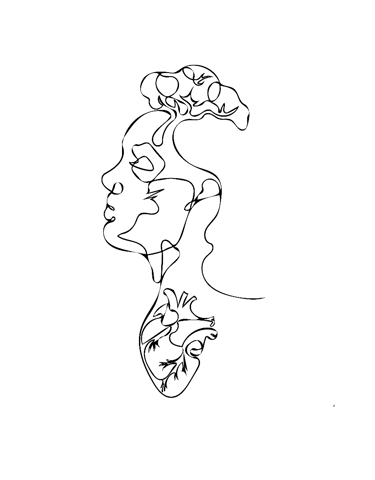Regret the Great Danger of Self-Reflection
If I had to name the most painful feelings I experienced, regret would definitely top the list. Not only does it hurt, but it’s also exhausting and at least for me proved to be extremely persistent. The definition provided by two Dutch psychologists perfectly encapsulates my personal experience, as they describe regret as an emotion that one uses to punish oneself.
“A feeling that one should have known better, a sinking feeling, thoughts about the mistake one has made and the opportunities lost, a tendency to kick oneself and to correct one’s mistake, and by a wanting to undo an event and to get a second chance.”
I found regret lurking at every corner during my self-reflection efforts. Given the negative beliefs I held about myself, identifying how my actions and mental state had contributed to our breakup had become an easy way to beat myself up again. I started to blame myself and shoulder the full responsibility. What started as a journey towards self-love turned into a journey towards more self-hate. In my mind, I had been the reason why I lost the one person that made me happy. How could I love myself knowing that? How could I love the person that did that to me? The more time I spent reflecting on everything that happened, the more frequent the thought how could I have been that stupid? became. I felt as if I knew exactly which behavior would have allowed me to keep her, and I started picturing myself doing just that. I was reliving the past over and over again and wished I could undo it.
I found regret to be strongest when I could most easily imagine myself acting differently. It intensified when my actions were driven by flawed self-beliefs or emotions and didn’t lead to the outcome I wanted. In these cases, I acted in ways that didn’t align with who I truly was, solely to achieve a specific result. When that result didn’t materialize, I kept wondering whether a different approach would have worked. Even if I did achieve my goal by acting out of character, regret still crept in because I felt uncomfortable with how I had behaved. On the other hand, when I stayed true to myself but didn’t get the outcome I hoped for, the regret faded quickly—because changing the outcome would have required me to act in a way I didn’t want to in the first place.


